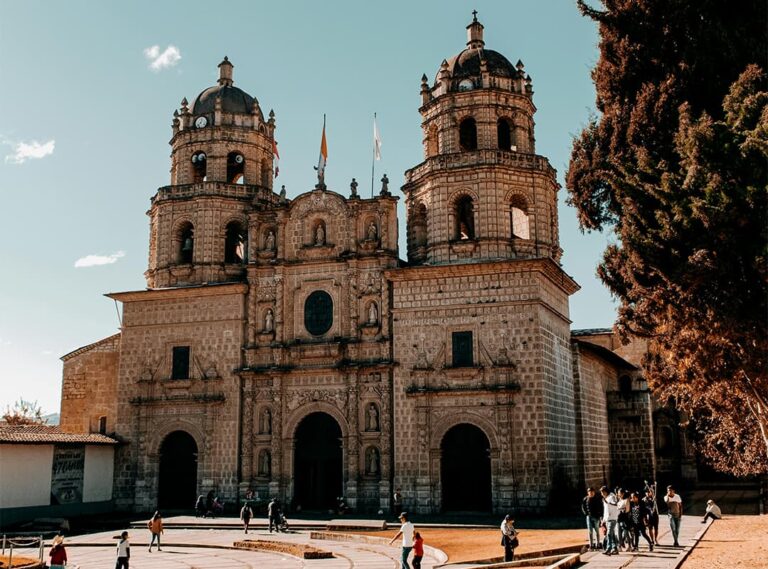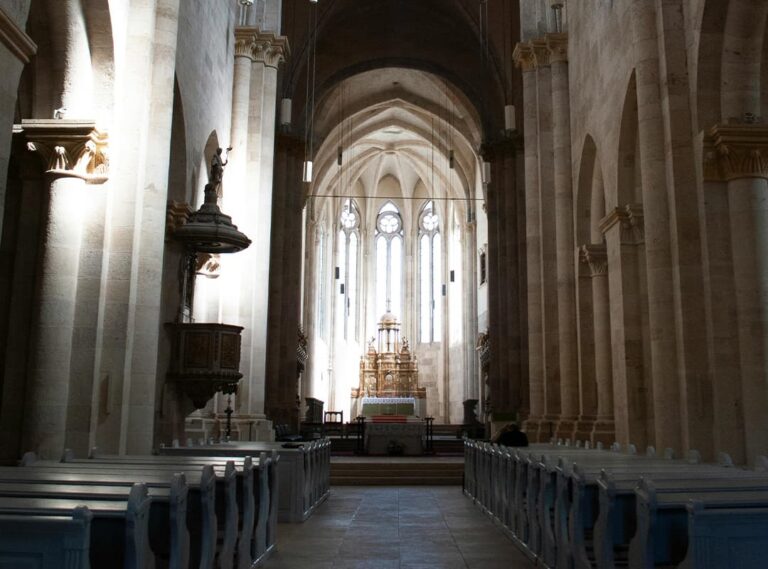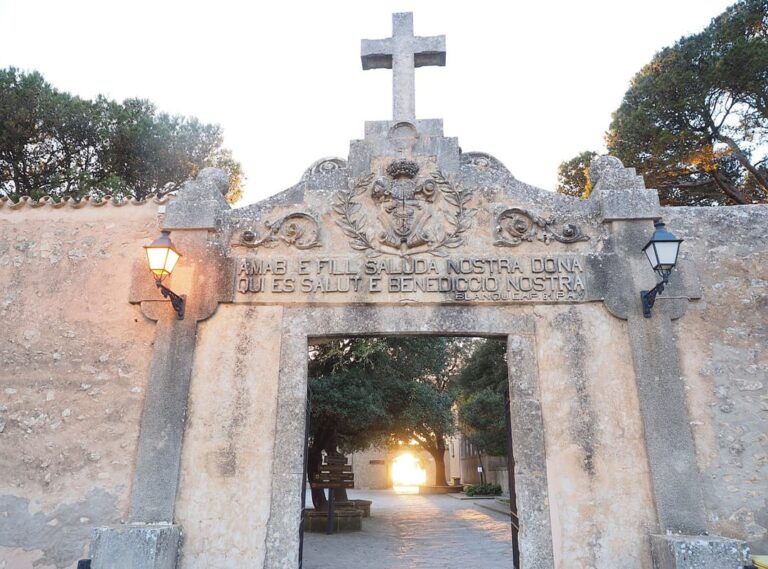The Franciscan Order, established by Saint Francis of Assisi in the early 13th century, has had a profound impact on global missions. Known for their commitment to humility, service, and spreading the Gospel, Franciscans have ventured far beyond their local communities to bring their message and aid to the farthest corners of the world. Their missions have shaped communities, influenced cultures, and addressed pressing humanitarian needs. This article explores the significance of Franciscan global missions and the enduring legacy of their work. The notion of sacred spaces, such as the idea of a Virgin Mary grotto for sale, highlights the continuing reverence and commitment to spiritual places that inspire and sustain these missions.
The Historical Roots of Franciscan Missions
From its inception, the Franciscan Order was dedicated to a mission of outreach and service. Saint Francis of Assisi’s vision was not limited to his immediate surroundings; he aspired to reach out to the entire world, particularly to those in the greatest need. His call for simplicity, humility, and direct service to others became the foundation of Franciscan missions.
In the 13th century, Franciscans were among the first to undertake international missions, traveling to regions as distant as North Africa and the Middle East. They aimed to engage with diverse cultures, promote Christian teachings, and provide humanitarian aid. This early expansion set the stage for the Order’s continued global outreach.
Franciscan Missions in the Age of Exploration
The Age of Exploration, beginning in the 15th century, saw Franciscan missionaries venture to the Americas, Asia, and Africa. In the Americas, Franciscans were instrumental in the establishment of missions among indigenous populations. They worked to provide education, healthcare, and spiritual guidance, often integrating local customs with Christian teachings to create a unique and respectful approach to evangelization.
In Asia and Africa, Franciscans faced challenges including language barriers, cultural differences, and political complexities. Nevertheless, their efforts contributed significantly to local education systems, healthcare infrastructure, and the promotion of social justice. Their work in these regions often involved collaboration with local communities, leading to meaningful exchanges and mutual learning.
The Legacy of Franciscan Missions
The legacy of Franciscan global missions is evident in various aspects of the communities they served. Their contributions to education, healthcare, and social justice have left lasting impacts, including the establishment of schools, hospitals, and community programs. The Franciscans’ commitment to serving the marginalized and promoting human dignity continues to inspire contemporary missions and humanitarian efforts.
In addition to their tangible contributions, the spiritual legacy of Franciscan missions endures. The principles of simplicity, service, and respect for all creation are central to the Franciscan approach and continue to guide their global endeavors. These values are reflected in their ongoing work and the many communities that have been touched by their mission.
Spiritual Symbolism and Sacred Spaces
The idea of a Virgin Mary grotto, potentially for sale, serves as a powerful symbol of the sacred spaces that inspire and sustain Franciscan missions. Such grottos, often associated with spiritual contemplation and devotion, represent the enduring connection between faith and action. They are places where the spiritual commitment of Franciscans is nurtured and where the broader mission can be grounded in prayer and reflection.
The presence of sacred spaces in Franciscan missions underscores the importance of spirituality in their global outreach. Whether through physical spaces or spiritual practices, the Franciscans’ dedication to integrating faith with their humanitarian work remains a central aspect of their mission.
Franciscan global missions have had a profound impact on communities around the world, shaped by the Order’s commitment to humility, service, and the spreading of the Gospel. From the early days of international outreach to contemporary efforts, Franciscans have made significant contributions to education, healthcare, and social justice. The symbolic significance of places like the Virgin Mary grotto highlights the deep spiritual foundation that supports and inspires these missions. As the Franciscan Order continues its work, the legacy of their global missions serves as a testament to their enduring dedication to serving others and upholding the values of Saint Francis of Assisi.











